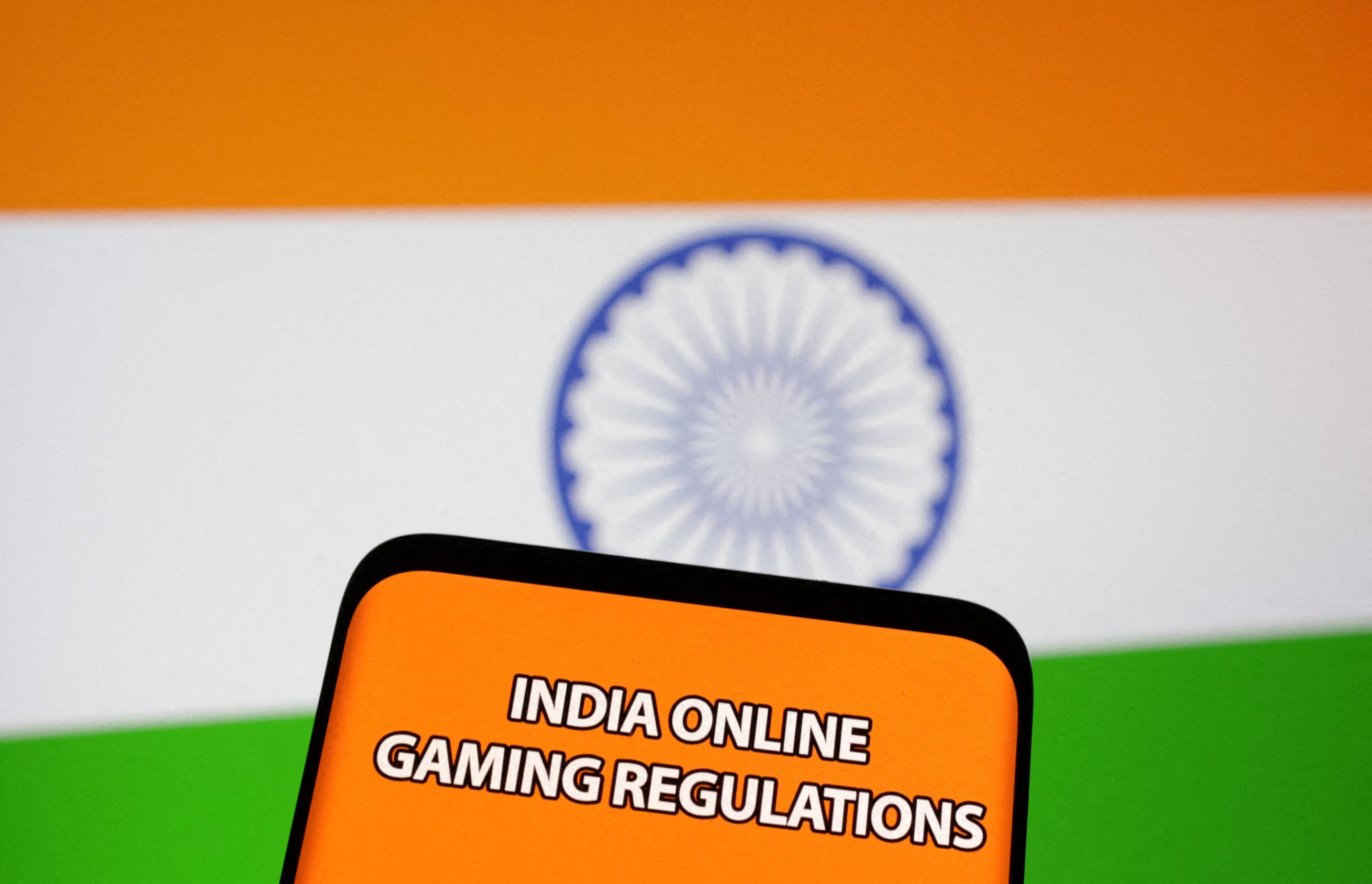India’s Parliament has approved the Promotion and Regulation of Online Gaming Bill, 2025, introducing one of the strictest legal frameworks for the country’s digital entertainment sector. The new law bans all forms of online games involving real money and imposes harsh penalties on operators and promoters. The Bill cleared the Lok Sabha on Wednesday before being passed in the Rajya Sabha on Thursday, despite strong protests from opposition members.
Key Provisions and Penalties
The legislation prohibits the operation, promotion and financial facilitation of real-money online games. Popular formats such as fantasy sports, poker, rummy and online lotteries fall under the ban. Banks, e-wallet providers and other financial institutions are restricted from processing transactions linked to such platforms.
Violators face imprisonment of up to three years and fines reaching as high as RS 1 crore, equivalent to around US$120,000. The government has positioned these measures as a safeguard against fraud and gambling addiction. Officials estimate that more than 45 crore citizens lose nearly RS 20,000 crore annually to these platforms.
Government’s Rationale and Support for Alternatives
S Krishnan, secretary at the Ministry of Electronics and Information Technology, defended the move as an effort to separate innovation from harmful practices. He emphasised that esports, educational games and formats will continue to be encouraged under government initiatives. These include programs at the Indian Institute of Creative Technologies and the expansion of AVGC (Animation, Visual Effects, Gaming and Comics) Centres of Excellence.
According to Krishnan, the ban is intended to ensure the fast-growing gaming sector aligns with public interest. The government argues that unchecked expansion of real-money gaming platforms risks fueling social problems, including financial ruin among vulnerable groups.
Industry Reaction and Economic Concerns
The Indian online money gaming industry, valued at around RS 2 lakh crore, generates RS 31,000 crore in annual revenue and contributes RS 20,000 crore in taxes. Industry stakeholders have warned that the new law could dismantle this ecosystem. Analysts predict the loss of more than 200,000 jobs and the closure of nearly 400 companies if the ban is strictly enforced. Trade groups argue that the decision undermines India’s ambition to become a global hub for gaming innovation.
Despite these warnings, the government has reiterated its focus on protecting citizens and fostering a safe, responsible digital gaming environment. The Bill’s passage represents a major turning point for India’s online entertainment sector. While esports and educational formats might grow under official support, the real-money gaming segment faces an abrupt shutdown. As enforcement begins, the industry will likely shift toward compliance, but the economic impact remains uncertain.

 Companies
Companies 





